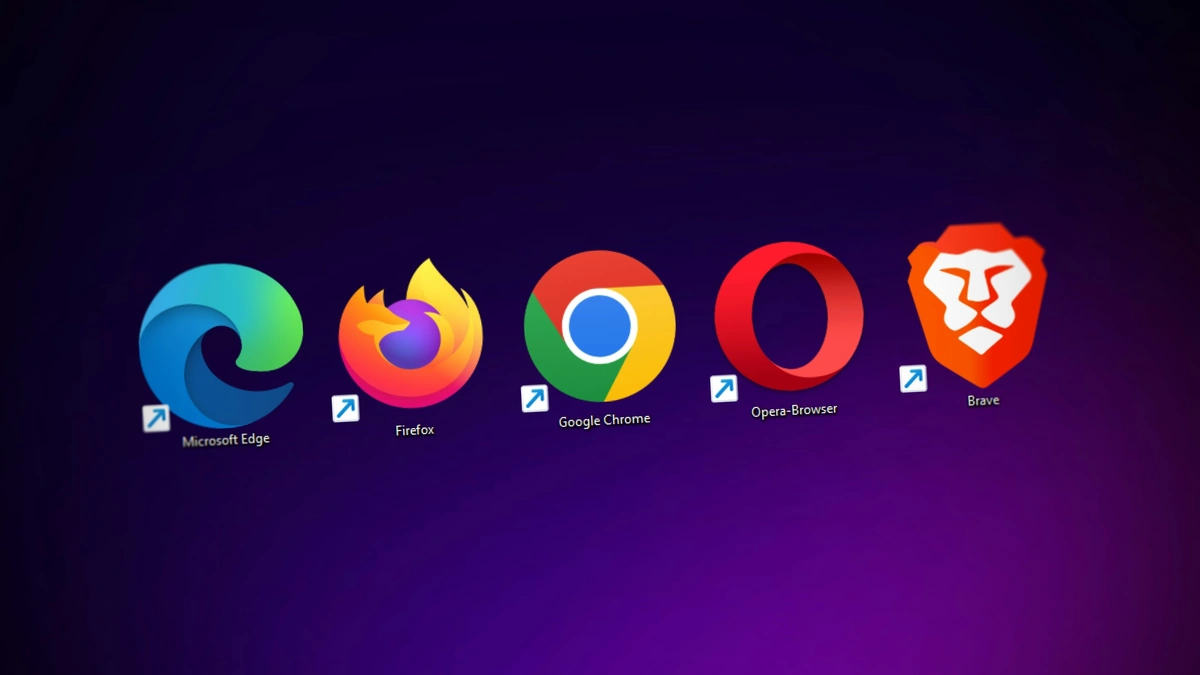Remember the late 90s? Netscape Navigator versus Internet Explorer – the original browser wars. It was a clash of titans that shaped the early internet. Well, buckle up, because it’s happening again, only this time, the battlefield is powered by artificial intelligence . But why now? Let’s dive in.
The AI Arms Race | Browsers Get Smarter

Here’s the thing: browsers aren’t just windows to the web anymore. They’re becoming intelligent assistants, powered by AI to anticipate your needs, summarize content, and even write emails for you. Think of it as having a super-smart sidekick built right into your browser. This isn’t just a minor upgrade; it’s a fundamental shift in how we interact with the internet.
Consider Microsoft Edge , aggressively integrating Copilot, its AI assistant, deeper into the browsing experience. And Google? Well, they’re not sitting still. They’re injecting AI into Chrome with features designed to do everything from writing social media posts to generating travel itineraries. The speed at which these features are being developed and deployed is astounding.
Why Now? The Perfect Storm of Tech and Demand
So, why is this happening now? Several factors are converging. First, AI technology has reached a point where it’s powerful and accessible enough to be integrated into everyday applications. We aren’t talking about theoretical AI; we’re talking about practical, usable features that make browsing faster and more efficient. Second, user expectations are changing. People want more from their browsers than just a basic rendering engine. They want intelligence, automation, and personalization. Let’s be honest, who wouldn’t want a browser that can summarize a lengthy article or draft an email for them?
And third, there’s the competitive pressure. Microsoft’s aggressive AI push with Edge has forced Google’s hand. No company wants to be left behind in the AI revolution, and the browser is a prime battleground.
The Implications for You | A Personalized Web Experience
What does all this mean for you, the average internet user? In short, expect a more personalized and efficient web experience. Imagine a browser that learns your preferences, anticipates your needs, and automates repetitive tasks. According to the latest circular on the official Google website, we will see customized search results and content recommendations that will become even more relevant, saving you time and effort. The one thing you absolutely must double-check with these AI features is your privacy settings. While these developments offer greater convenience, they will also likely involve data collection. Staying informed about how your data is being used is of the utmost importance.
But there’s a catch. All this AI integration comes at a cost. Concerns about data privacy and security are only going to intensify. We also need to think about the potential for bias in AI algorithms. Will these new features benefit everyone equally, or will they reinforce existing inequalities? These are important questions that we need to address as this technology evolves.
The Players and Their Strategies
Let’s take a closer look at the key players in this new browser war:
- Google Chrome: The undisputed king of the browser market, Chrome is leveraging its vast AI resources to integrate features like AI-powered tab management and content summarization.
- Microsoft Edge: Microsoft is betting big on Copilot, its AI assistant, to differentiate Edge from the competition. The integration is seamless.
FAQ | Your Burning Questions Answered
Frequently Asked Questions
Will AI browsers replace human search?
AI browsers are more like helpful assistants rather than search replacements. They aim to augment your browsing experience, not to eliminate the need for search altogether.
What if I am using other browsers like firefox or safari?
While Firefox and Safari might not be at the forefront of AI integration, expect them to incorporate similar features in the future to stay competitive.
Are AI browsers available on mobile?
Yes, both Chrome and Edge offer AI-powered features on their mobile versions, bringing the benefits of intelligent browsing to your smartphone.
What are the data privacy risks?
AI browsers collect data to personalize your experience. Review privacy settings regularly and use privacy-focused extensions for added protection. More information here .
The re-emergence of the browser wars, now fueled by AI, is more than just a tech rivalry. It’s a glimpse into the future of how we interact with the internet. It will be interesting to watch this space. And remember, it’s not just about the technology; it’s about how we use it and what kind of internet we want to create.




